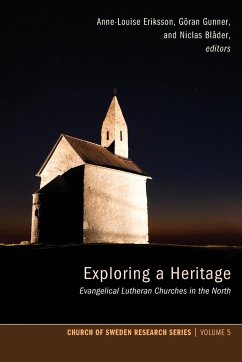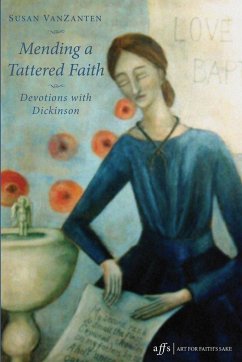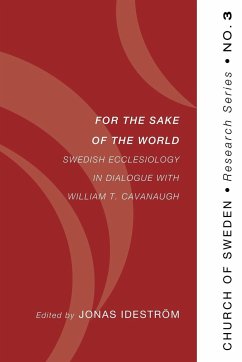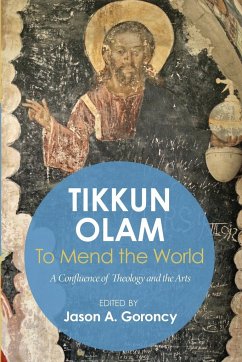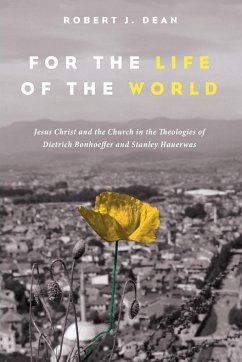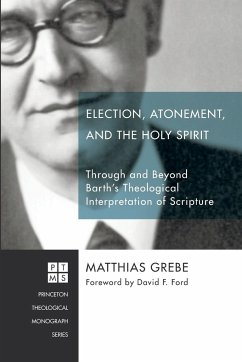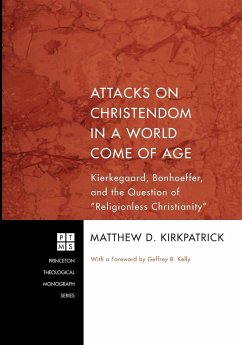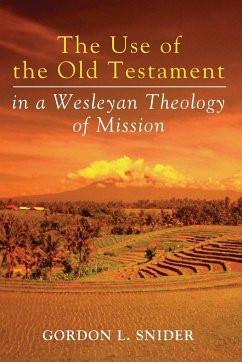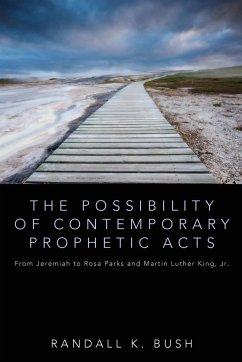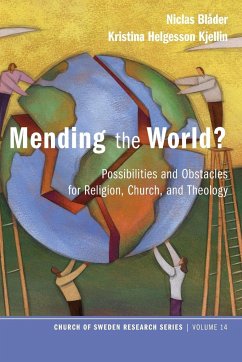
Mending the World?
Versandkostenfrei!
Versandfertig in 1-2 Wochen
53,99 €
inkl. MwSt.

PAYBACK Punkte
27 °P sammeln!
Religion has played a major role in history, affecting the course of events and influencing individuals. Today one frequently hears the expression ""the return of religion"" but opinions differ as to how this ""return"" is to be understood. It is clear that modernity and postmodernity have not meant that religion is dead or relegated to society's backyards. Religion is still of vital importance for many people. It has, to some extent, changed shape but has not lost its legitimacy and attractiveness to broad groups. Religion is public, visible, and has a sought-for voice; but it is also wrestli...
Religion has played a major role in history, affecting the course of events and influencing individuals. Today one frequently hears the expression ""the return of religion"" but opinions differ as to how this ""return"" is to be understood. It is clear that modernity and postmodernity have not meant that religion is dead or relegated to society's backyards. Religion is still of vital importance for many people. It has, to some extent, changed shape but has not lost its legitimacy and attractiveness to broad groups. Religion is public, visible, and has a sought-for voice; but it is also wrestling with extremism, ignorance, and preconceptions. Just like ideologies, religions are capable of activating diametrically opposite traits in humans. It is this dual tension that is implicit in the question mark in this book's title: Mending the World? This book's aim is to help explore whether, how, and in what ways religion, church, and theology can contribute constructively to the future of a global society. In thirty-one chapters, researchers from around the world address the relation between religion and society.





